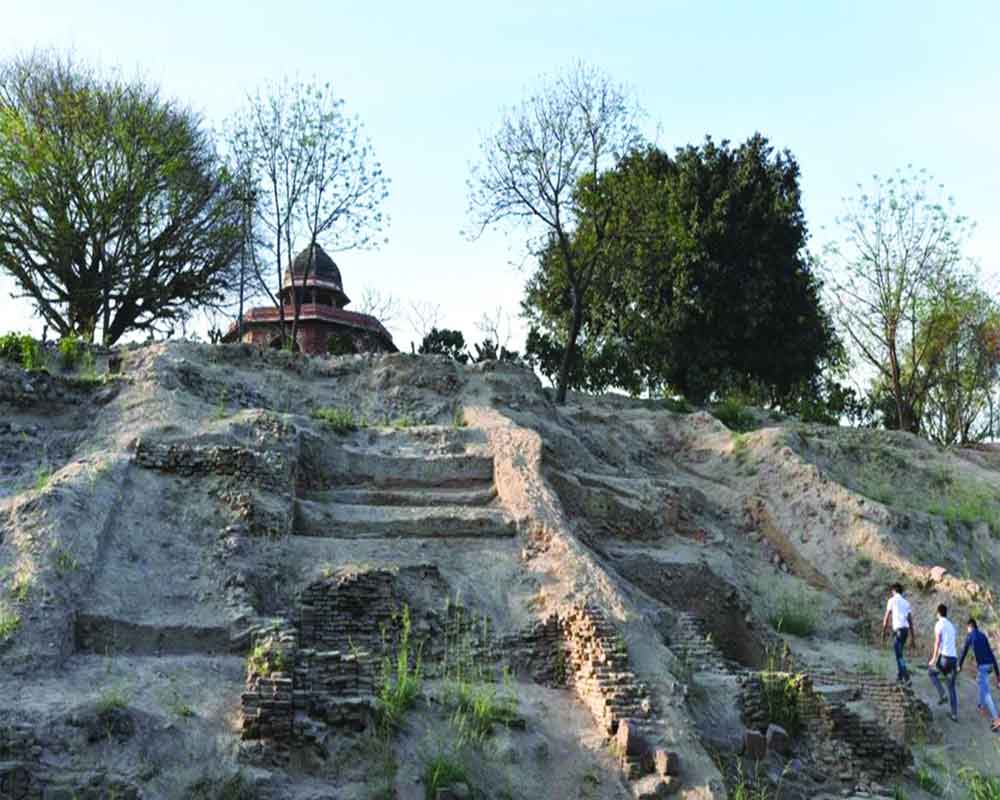The shortage of fund has put a break on the Centre’s quest for finding a link between the 16th-century Purana Quila here and Indraprastha, the capital of the Pandavas of the Mahabharat era. The Archaeological Survey of India (ASI), under the Union Culture Ministry, had to stop the much-ambitious excavation, before it could begin, as the Rs 10 lakh fund allocated for the purpose had to be “urgently” diverted for another work.
Purana Quila’s supposed association with the city of Indraprastha has long attracted the ASI, though its quest has failed to deliver results for the fifth time in a row.
The previous expedition which ended in early 2018 was led by archaeologist Vasant Swarnkar. But it failed to establish the site’s association with the Mahabharat.
The approval for the latest excavation to find traces of Indraprastha was given in November last year. The ASI had earmarked around Rs 10 lakh for the job and e-tenders to deploy the labourers have already been floated. But recently, the ASI withdrew the money and diverted it for another “important” job. Now, the fresh fund will come only next fiscal, that too depending on the Budget outlay.
VN Prabhakar, the director of ASI’s Institute of Archaeology, Exploration & Excavation, was to oversee the project along with superintendent archaeologist BR Singh. When contacted, Prabhakar refused to provide details about the status of the excavation.
According to the epic, “Indraprastha” is located inside somewhere Purana Quila. The first attempt to find this assumption was made by ASI in 1955, and then the second one between 1969 and 1972. The third and fourth attempts were made between January 9, 2014, and June 30, 2014, and December 2017 and June 2018, respectively.
According to various reports, the digging had unearthed artefacts such as sickles, parers, terracotta toys, kiln-burnt bricks and painted grey bowls and dishes belonging to the pre-Mauryan period of the third century BC and are displayed at the Archaeological Museum on the fort complex.
Purana Qilla was built by Pashtun ruler Sher Shah Suri and second Mughal emperor Humayun.


























